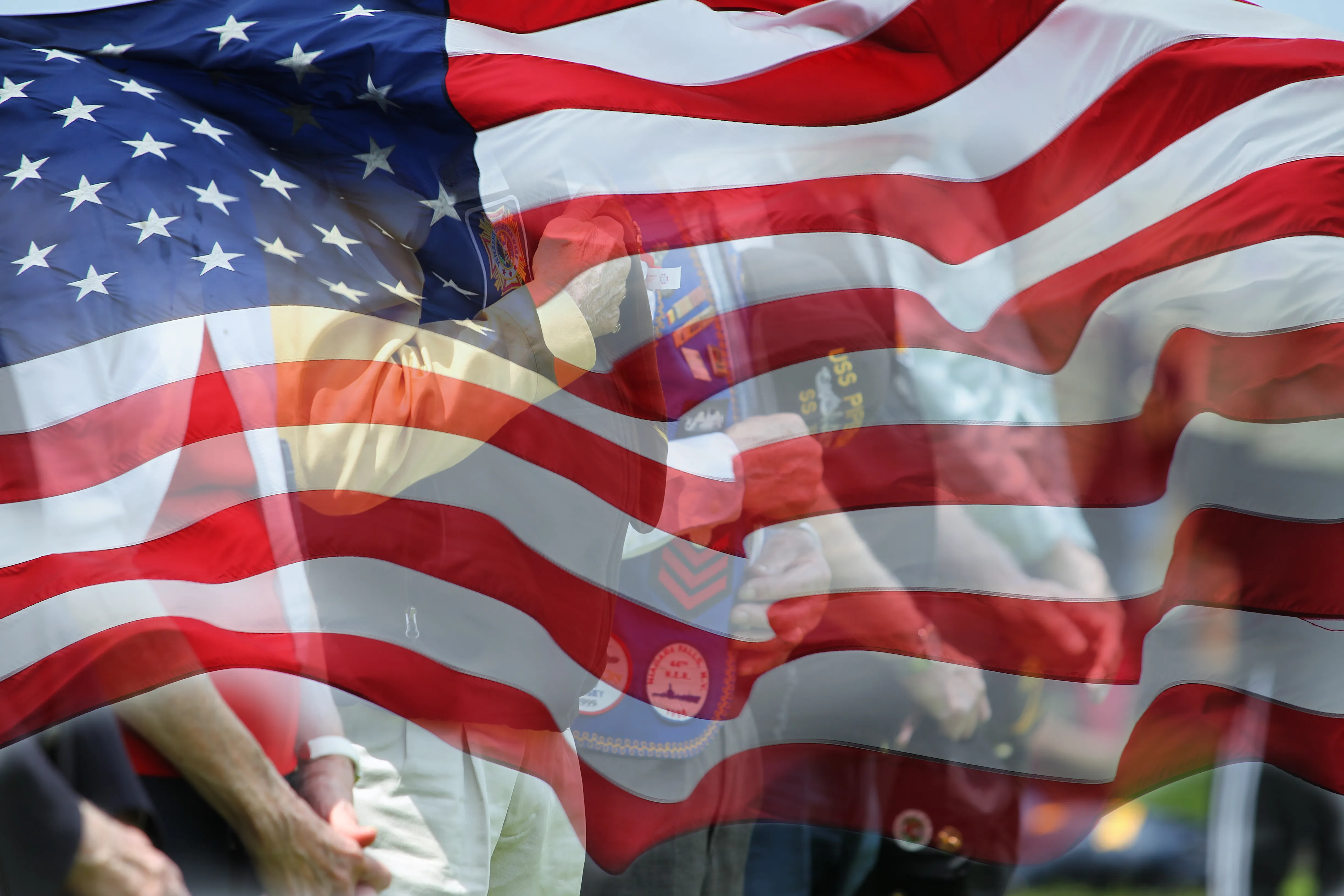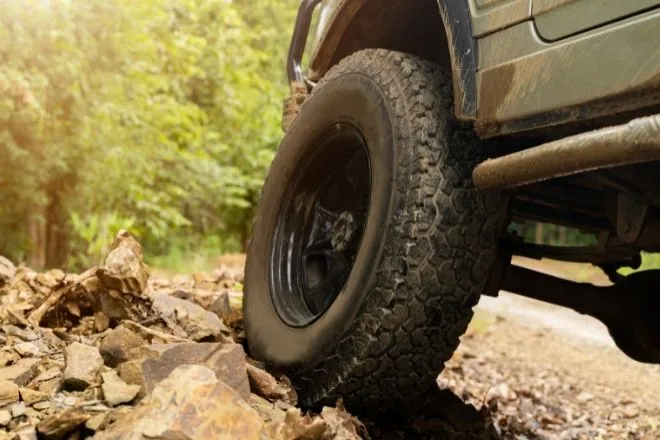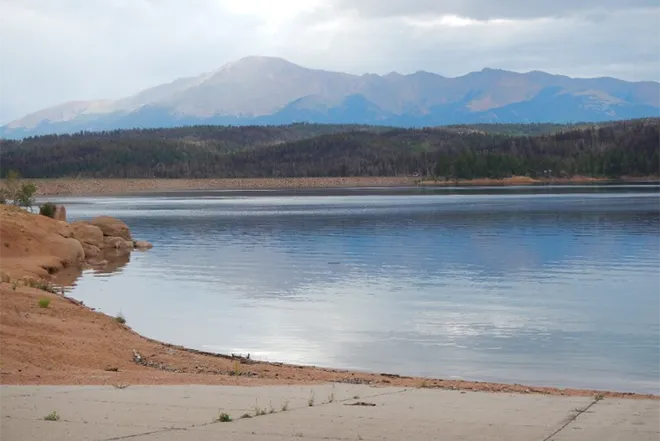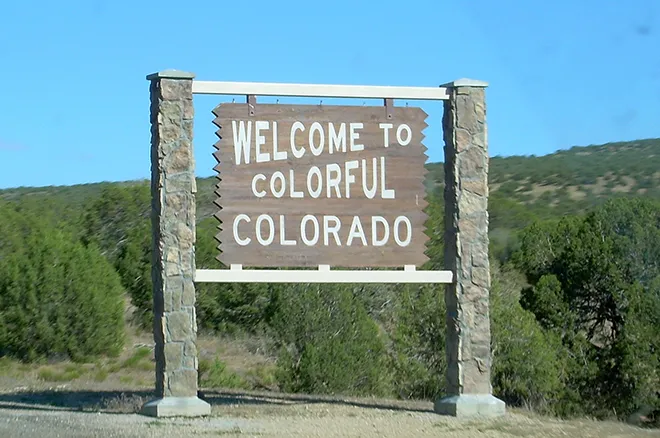Image
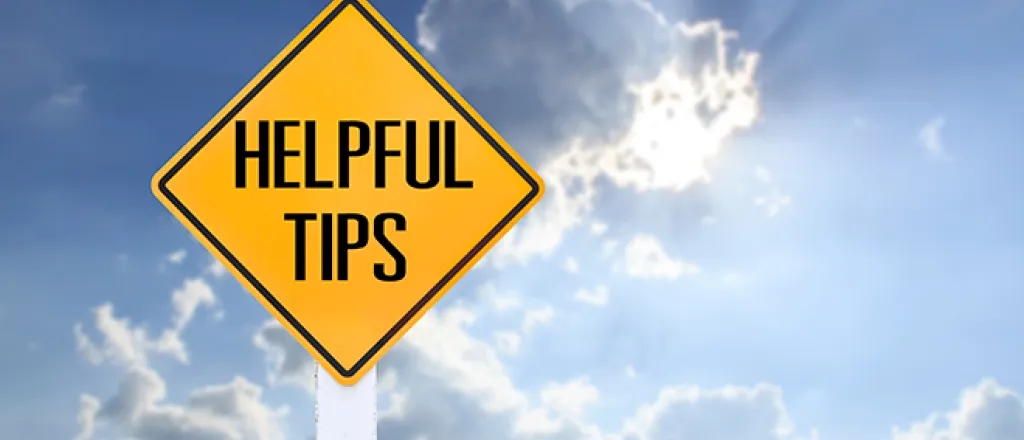
14 Tips for Water Safety this Summer
iStock
While this weekend may have been dominated by snow and wind, warmer weather is just around the corner.
Summer fun in Colorado often involves some time cooling off in a local lake, swimming pool or boating on the high mountain lakes and rivers. To help you and your family stay safe around bodies of water, follow these water safety tips.
Water Safety Tips
- Practice the buddy system. When swimming, even if the water is shallow, make sure someone is available to assist you or go for help if an emergency does happen.
- Know your limits. Swimming in lakes and rivers can be very different than swimming in your backyard pool. Don’t push yourself beyond your natural swimming capability. Remember that you’ll need more energy for changing conditions and to swim against currents.
- Can you touch the bottom? If you’re not a strong swimmer, or just learning how to swim, swim in an area where you can touch the bottom of the lake or river.
- Learn to swim. Make sure everyone in the family learns to swim. The American Red Cross and your local YMCA or recreation center offers Learn-to-Swim courses.
- Always wear a life jacket. Require young children and inexperienced swimmers to wear a U.S. Coast Guard-approved life jacket every time they are around water, especially when near a fast moving river. However, don’t rely on life jackets alone.
- Never leave children unsupervised near water. Don’t trust your child’s life to supervision by another child. Drowning is the leading cause of injury-related death among children ages one to four.
- Actively supervise kids whenever they are around the water—even if there is a lifeguard. Don’t just drop your kids off at the public pool or leave them at the beach—make sure there is a responsible adult to supervise.
- Always stay within an arm’s reach of young children. This applies whenever they are swimming or standing near a river or lake, at the beach or on a dock.
- Avoid distractions when supervising children around water. Stay off your cell phone and avoid the urge to check social media or send a text. Your child could disappear underwater in an instant.
- If a child is missing, check the water first. Seconds count in preventing death or disability.
- If you go boating, Colorado law requires that you and everyone in the boat wear a life jacket! Most boating fatalities occur from drowning.
- If you fall into a river, lie on your back and point your feet downstream so you can avoid hitting rocks. Try to maneuver yourself toward calm water at the edge of the river or watch for someone on shore to reach you with a rescue rope.
- Avoid alcohol use. Alcohol impairs judgment, balance and coordination; affects swimming and diving skills; and reduces your body’s ability to stay warm.
- If you own a pool or hot tub, make sure it is properly secure with fencing, gates and locks. Have appropriate safety equipment readily available like reaching equipment, throwing rings, life jackets and a first aid kit.


